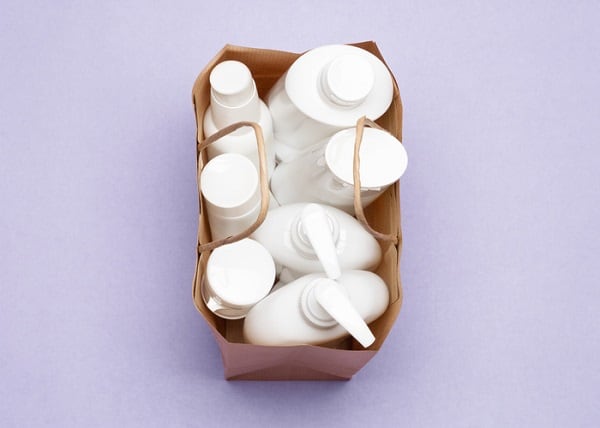The firm, which deals with locally-procured essential oils such as tea tree oil, recognises that the industry needs to adopt new technology in order to ensure the increasingly knowledgeable consumer of transparency and traceability.
“The world of essential oil trading has traditionally been cloaked in secrecy, as a manufacturer needed to trust their supplier was doing the right thing but profits have gotten in the way of purity,” said Phil Prather, head of marketing & operations at Down Under.
Prather attributes the rising adulteration issue to the increasing consumer demand for essential oils.
“Over the last few years, consumers around the world have broadly embraced the benefits of essential oils. This is a great result for the essential oil industry, including Australian Tea Tree Oil farmers, but it also has a downside – adulteration,” he said.
“The motivation for this is pure greed – trying to supply an essential oil at a lower cost point to achieve abnormally lower market prices.”
The essential oil trend is driven by consumer demand for natural ingredients.
“Today’s educated consumer wants to know they are making the right purchasing decisions for them, their family, and the planet. This means more natural products, fragrances, flavorings, and even therapeutics,” said Prather.
He added that the company expects this trend to continue, making the need for blockchain technology even more pressing as consumers will continue to demand companies to be more transparent about their ingredients.
“Consumers want to be confident of their purchases, to know what they are buying is real… [Traceability] is the result of today’s consumer wanting to know where their products come from, and how their products are produced.”
Protecting consumers and industry
Adulteration not only dupes consumers but can potentially cause significant personal harm.
This possibility, noted Prather, was a threat to the local essential oil industry as it may lead to consumers avoiding essential oils completely.
This has not been overlooked by the local Australian industry.
Since 2009, The Australian Tea Tree Industry Association (ATTIA) has applied measures to protect the Australian tea tree oil ‘brand’. One of which was a grower-lead Code of Practice (COP) quality control process and supply chain certification, which ATTIA grower-members are fully engaged in.
According to Prather COP certification is now being adopted by end manufacturers on their product labelling and is also gaining consumer recognition.
In 2017, the ISO Standard for Tea Tree Oil (ISO 4730) was updated to significantly narrow the acceptable ranges of a number of components.
This new standard introduced chiral analysis which identifies when the key chiral molecules of tea tree oil which has been modified through adulteration.
The blockchain trend
Today, blockchain traceability initiatives are quickly gaining popularity as technology becomes more accessible.
Recently, the company has been approached by several multi-national companies who want to begin the testing and implementation of blockchain for the ingredients Down Under suppliers.
“This trend is increasing. Down Under has already modified our quality control and batch testing software to enable capture of individual test results, batch approval stages, as well as GC-FID traces and auto-generated Certificates of Analyses. This will enable us to place the data on the blockchain ledger and be passed along to our manufacturer customers,” said Prather.
And the company does not intend to stop there. Over the next 12 months, Down Under will be piloting both blockchain implementations as well as API transfer of batch data to customers as pre-blockchain content.
“Both Down Under Enterprises, and ATTIA believe blockchain offers the ability to provide greater surety of this supply chain. We believe it’s time to take ‘trust’ out of the supply chain and replace it with the ‘surety’ that systems like blockchain can offer,” Prather concluded.



